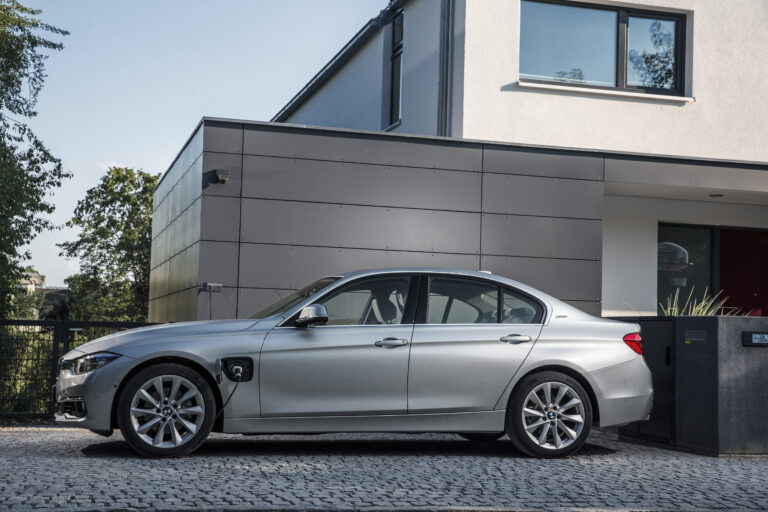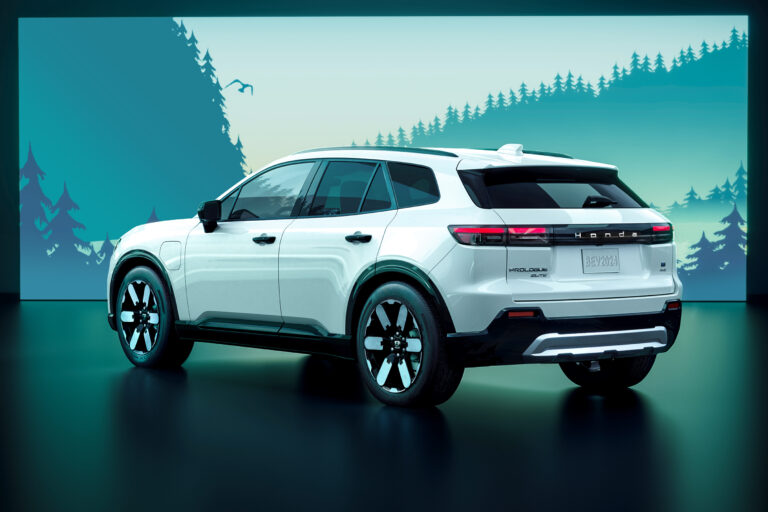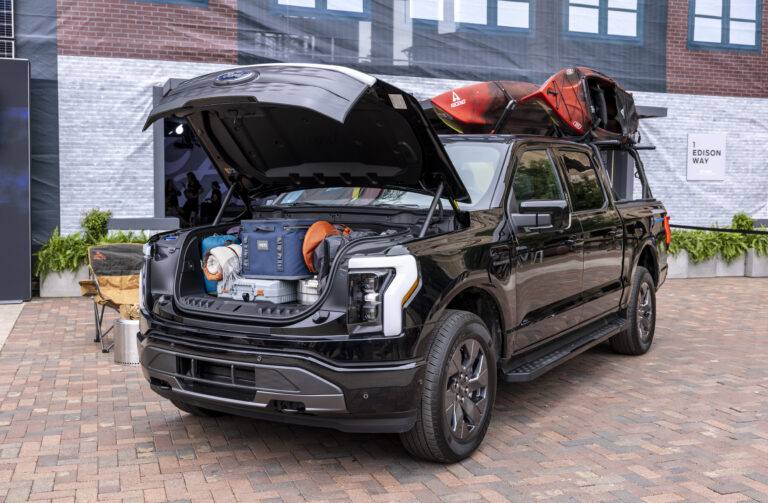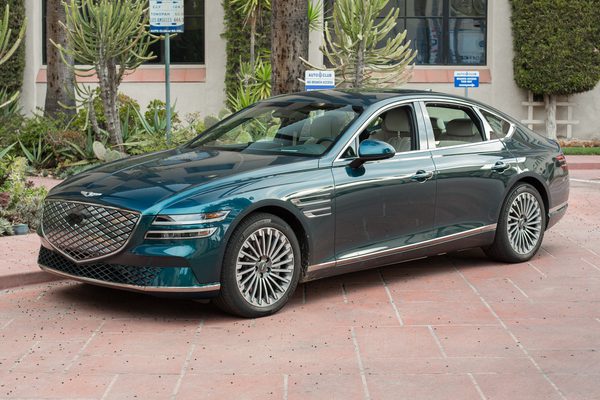Quality Verified | Posted August 7, 2023
New Cars for a New Generation
How major automakers are taking the off-ramp to Electric Avenue.

Written by Alan Rider
AAA Freelancer

Unless you’ve been living in a cave for the past couple of years, you’re probably well aware that EVs are growing in both availability and popularity.
What you may not realize is just how fast we’re approaching the day when these battery-powered models will go from being interesting novelties piloted by a few early adopters to mainstream transportation for the rest of us.
The New Hybrids
The progression from now-familiar gasoline-electric hybrids, like the Toyota Prius, to the relatively new category known as plug-in hybrids – or PHEVs, for short – is already well underway. The principal difference between the two is that this new generation of hybrids features a much larger rechargeable battery pack that allows them to cover significantly more ground in all-electric mode, with the gasoline engine there primarily as a backup.
Most automakers admit that these PHEV models – a diverse bunch that includes everything from sporty luxury models, like the BMW 330e, to the rugged Jeep Wrangler 4xe – are largely meant as transitional designs. The upside is that they will allow many buyers to go through their daily commutes without using much, if any, gasoline.


While these are not the emissions-free cars of the future, they are a solid step in the right direction. In all-electric mode, plug-in hybrids offer many of the benefits of full battery-powered electric vehicles, including brisk acceleration, noticeably quieter operation and zero emissions. If nothing else, PHEVs will get us all used to the idea of plugging our cars in overnight in much the same way we recharge our cellphones.
Speaking of benefits, if saving the money you’d normally drop at the gas station isn’t enough incentive to move you toward these up-and-coming vehicles, there can be other concrete benefits. Not the least of which is that hybrids, plug-in hybrids and full EVs are currently eligible for federal tax credits of up to $7,500 that can dramatically lower the price of admission.
Gas Be Gone
Perhaps the most shocking proof that automakers are hard at work electrifying their model lineups comes from announcements that several brands are already eyeing a day in the not-too-distant future where the gasoline-powered internal combustion engine we’ve known for more than a century will become a thing of the past.
This move to ditch the polluting powertrains has taken root in many of the tech-obsessed market segments you’d expect, including high-end brands like Mercedes-Benz and Volvo. That said, mainstream automakers like Ford, General Motors and Volkswagen aren’t far behind.
The actual “when” is a little fuzzy, but a number of car companies have pledged to phase out gasoline-fueled powertrains by around 2035. Though we’re a bit behind the curve, the U.S. is moving in the same direction as the rest of the world with the latest federal clean air standards calling for EVs to make up half of new vehicle sales by 2030.
Charging Into the Future
Several major automakers have announced plans to debut brand-new model lineups with all-electric powertrains. Here are some notable examples.
Honda

As one of the first two companies to bring gasoline-electric hybrid powertrains to America, the automaker has projected their production will be 80% zero-emissions electric by 2035. First up: An all-electric SUV called the Prologue developed in partnership with General Motors.
BMW


After modest success with its tiny battery-powered i3, the upscale European automaker is well on the way to an all-electric model lineup. The company’s sporty Mini and ultra-luxury Bentley brands will also be fielding their own EV models in the coming years.
Ford

The company that arguably did more than any other to put Americans in the driver’s seat has created its own EV division known as Model e. Beyond bringing the F-150 Lightning, the first battery-powered pickup to market, the company has projected its lineup will be all–electric by 2030.
Hyundai

In addition to an EV version of the carmaker’s compact Kona crossover, look for the launch of the first models in the company’s all-EV sub-brand known as Ioniq. The automaker’s luxury Genesis brand will also be introducing several of its own EV models, including a version of its sister company’s highly regarded Kia EV6 crossover.
AAA’s Recommendation: Whether you own an electric vehicle or a gas-powered car is up to you – and you should consider lots of factors in making that choice. No matter what type of vehicle you’re choosing, we recommend visiting a dealership, test driving one, and asking as many questions as possible to make an informed decision.



